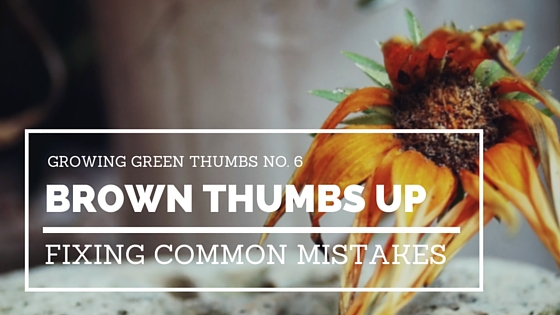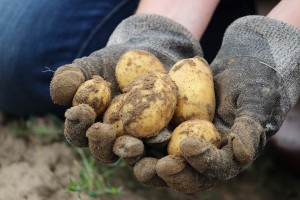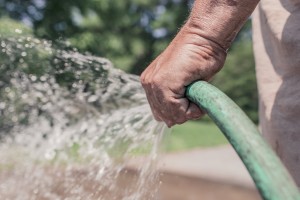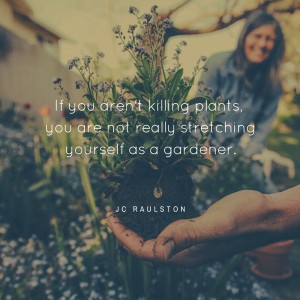
Gardening is one of the best hobbies anyone could have. You get to spend time outside, get physical, get dirty, and just relax. It can be tough work, but it’s worthwhile. Like with anything new, making mistakes is inevitable but that doesn’t mean you can learn from others’ mistakes. Here are some common beginner gardening mistakes that may help you.
1. “Go big or go home”
In most avenues of life, this mantra can apply. Gardening, however, is not one of them. While planting every variety of every type of plant imaginable is tempting, it is definitely not advisable. Starting off too big means a much heavier workload that most often results in frustration and burnout.
2. Not enough space
Plants like having a personal bubble. If they are crowded too close together, they will not grow healthily. Too many plants together will also compete for the vital nutrients and water. Fewer plants spaced further apart will yield healthier plants and better results. If you are unsure how much space a plant needs, check the label. They are great sources of information.
3. Plant compatibility

Some plants like being together. They are like plant BFFs because they help each other grow and thrive. They will attract beneficial insects to combat pests of their buddy plants, or they will enrich the soil with nutrients needed by others. For example, the Three sisters: corn, beans, and squash. Corn provides a natural support for beans to climb; beans fix nitrogen in the soil; squash discourage pests from attacking the corn and beans. These three plants make excellent companions.
In the same vein, some plants are like mortal enemies and should never be planted together. They will compete for nutrients, or attract pests that destroy their counterparts. Cucumbers and potatoes, for example, do not play well together. They compete for nutrients and moisture. Potatoes also release substances that negatively effect the growth of cucumber plants.
4. Dirt is dirt
Not all dirt is created equally. Often, new gardeners We did a rundown of soil on our The Dirt on Dirt post. Spark notes version, know what kind of soil you have and add stuff to make it better.
5. Water

Watering can be a tricky thing. What is considered too much water for one plant may not be enough for another. It is important to know the water requirements of the plants that you grow. Always test the soil before watering, it may look dry on the surface but a few inches down may be moist. Also, avoid watering in the heat of the day to prevent leaf damage.

Persistence is key. Sometimes plants die and that is okay. The best thing you can do is figure out why. If it was something you did, you know now not to do that. If it was totally out of your control, then you know that too. Don’t sweat it! Happy gardening!
